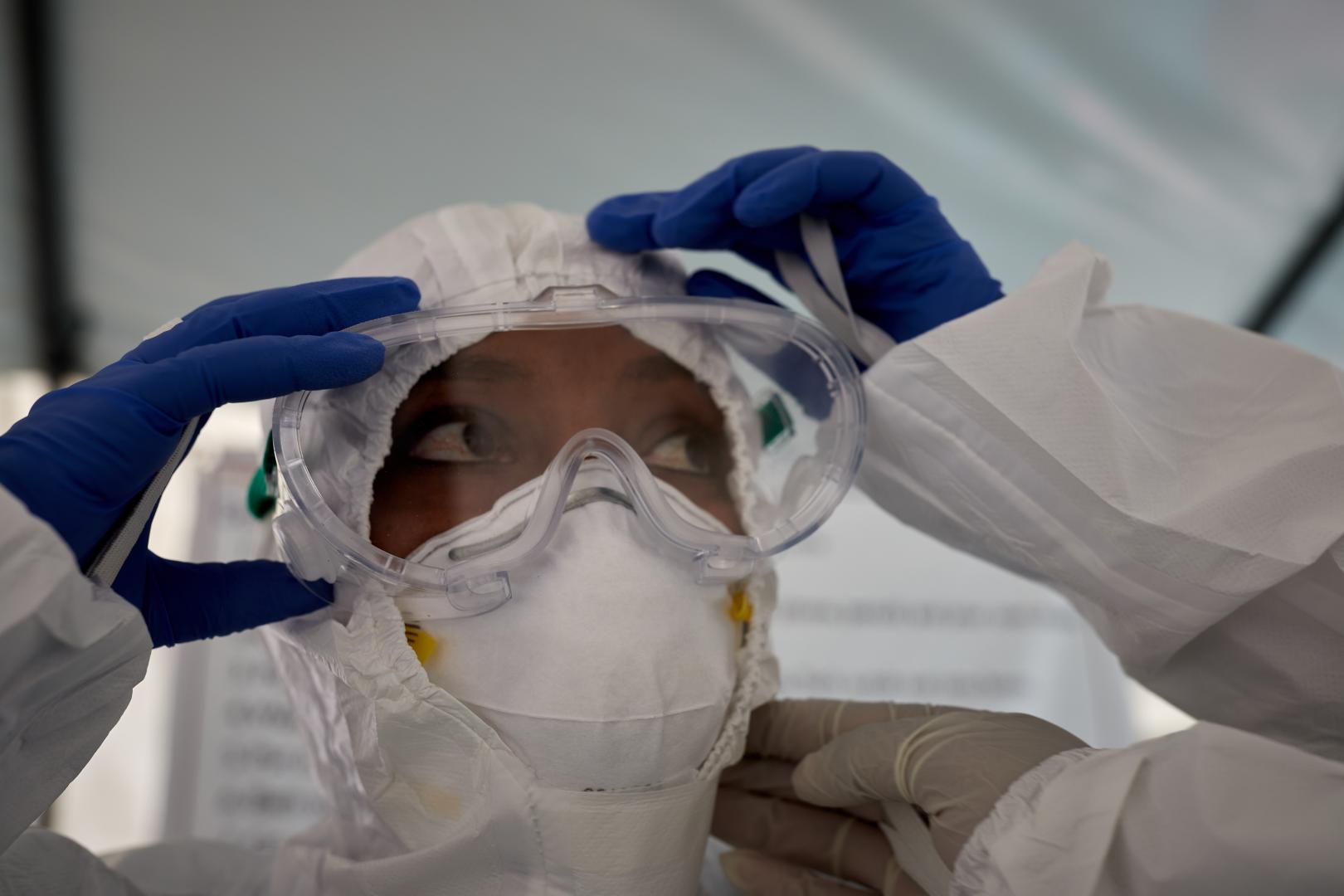
A preliminary research has shown that 70 per cent of persons infected with COVID-19 do not pass the virus on to others.
The study also showed that most 20 per cent of infected persons are the super-spreaders of the high incidence of the virus seen across the world.
The study conducted by a group of epidemiologists in Hong Kong found that just 20 per cent of cases studied were responsible for 80 per cent of all COVID-19 transmissions, noting that all super-spreading events involved indoor social gatherings.
The epidemiologists examined more than 1,000 COVID-19 cases in Hong Kong between January 23 and April 28, and they found out that super-spreading was the primary means of transmission in the city.
‘The term ‘super-spreader’ refers to an infected person who transmits the virus to more people than a typical infected person would.
The research noted that about 350 of the cases analysed were a result of community spread, while the rest were imported from other countries, adding that within the community-spread cases, more than half were connected to six super-spreading events.
“An average person with the coronavirus infects about two other people, but an infected person sometimes passes the virus to far more people during a super-spreader event. An estimated 70 per cent of infected patients studied didn’t pass the virus at all.
“By targeting locations and activities that beget super-spreading, countries may be able to avoid more lockdowns during future waves of infections. Super-spreader events, in which one person infects a disproportionately large number of others, are the primary means by which the coronavirus spreads, new research suggests,” the report said.

